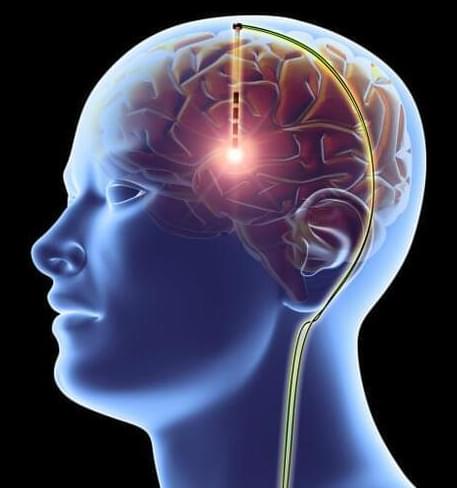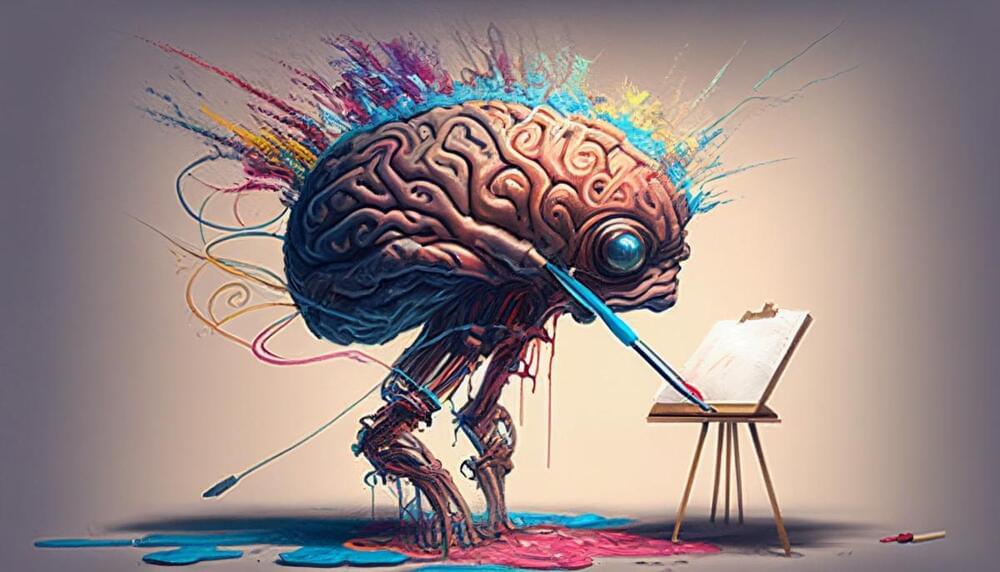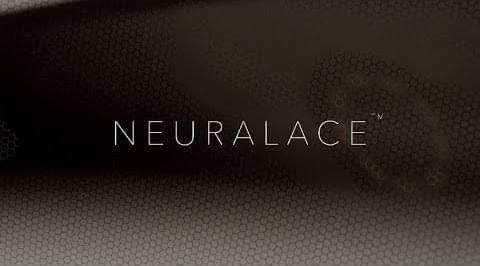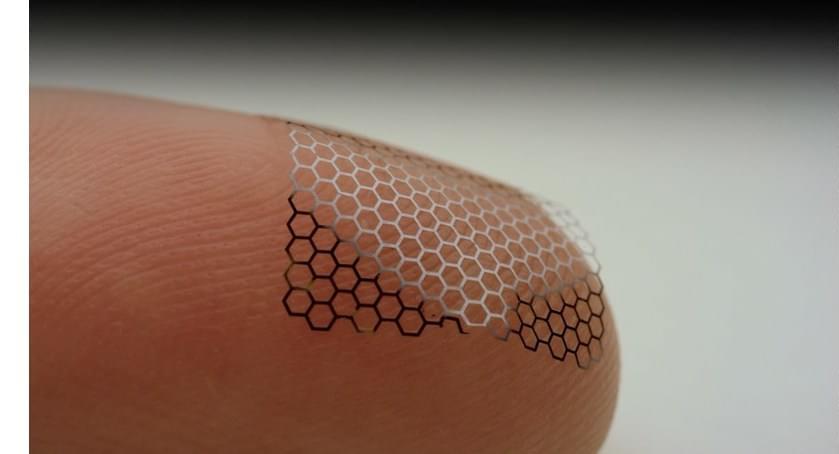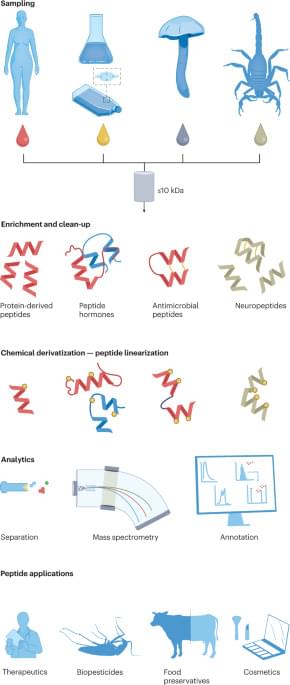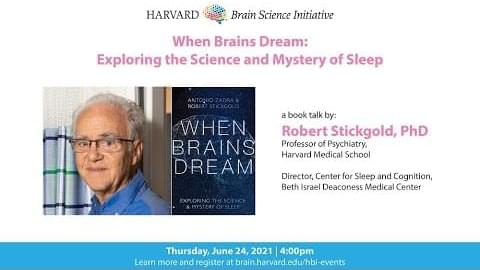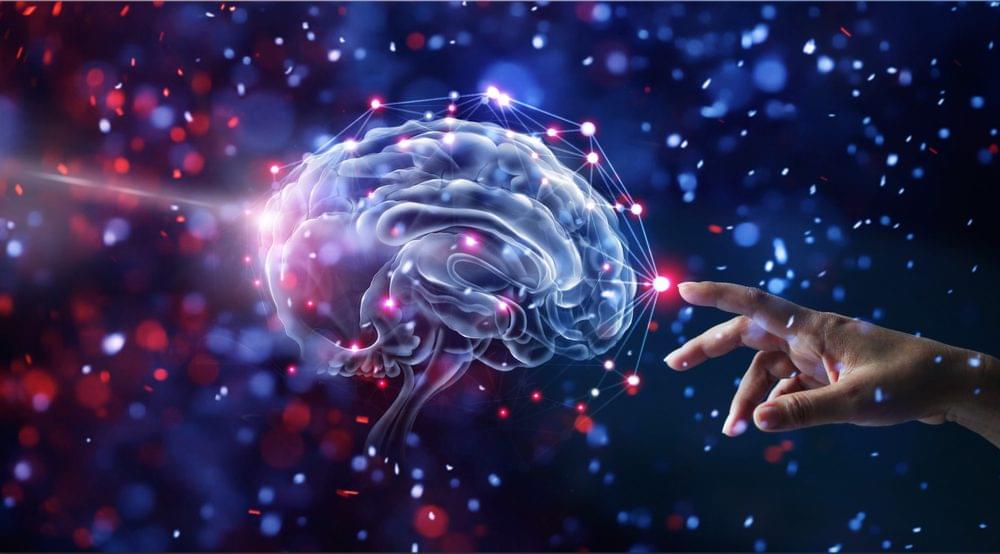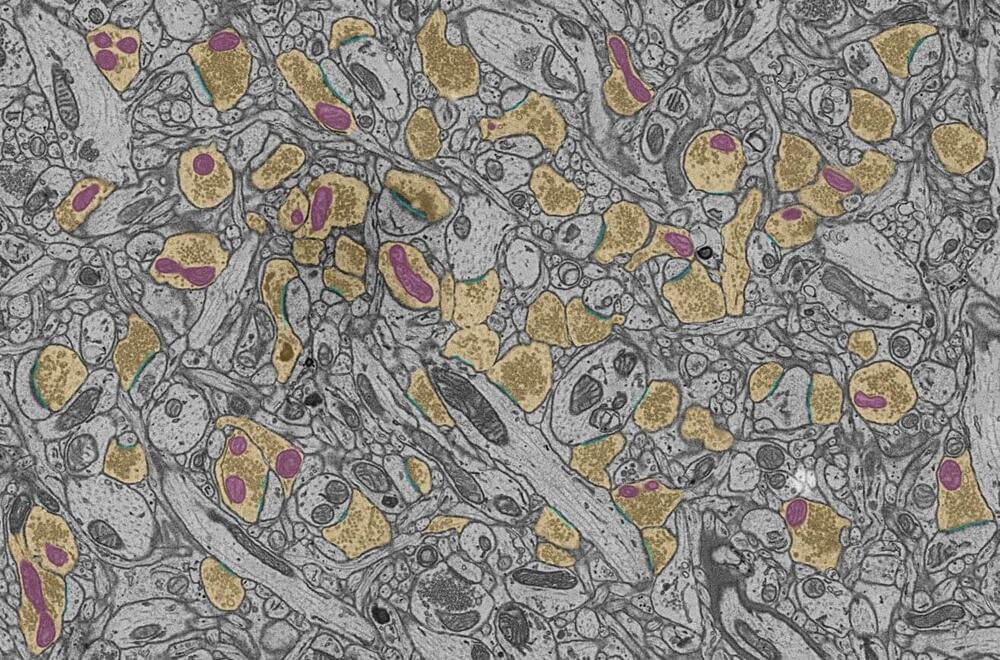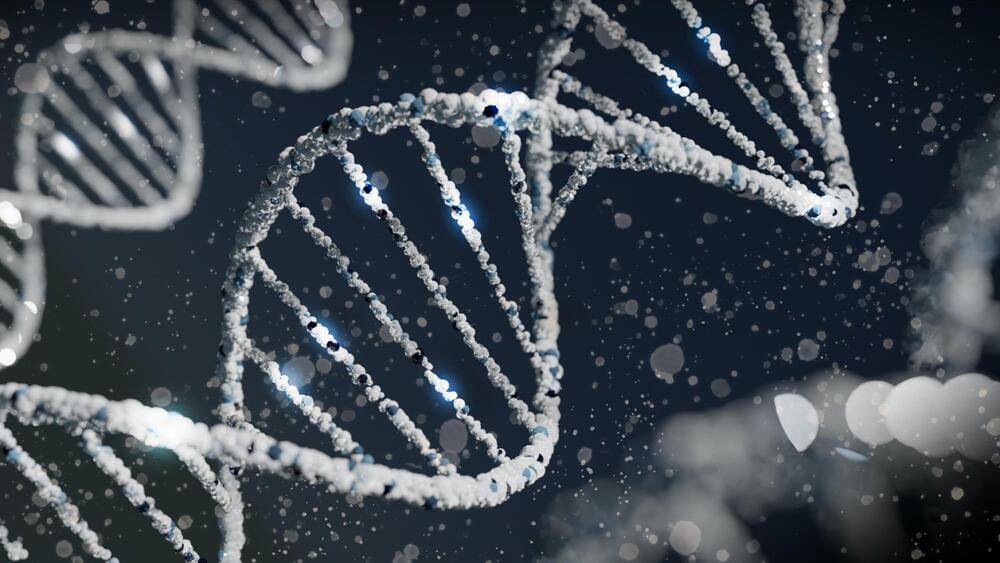Apr 23, 2023
Memory-boosting brain implants are in the works. Would you get one?
Posted by Dan Breeden in categories: biotech/medical, computing, neuroscience
How far would you go to keep your mind from failing? Would you go so far as to let a doctor drill a hole in your skull and stick a microchip in your brain?
It’s not an idle question. In recent years neuroscientists have made major advances in cracking the code of memory, figuring out exactly how the human brain stores information and learning to reverse-engineer the process. Now they’ve reached the stage where they’re starting to put all of that theory into practice.
Last month two research teams reported success at using electrical signals, carried into the brain via implanted wires, to boost memory in small groups of test patients. “It’s a major milestone in demonstrating the ability to restore memory function in humans,” says Dr. Robert Hampson, a neuroscientist at Wake Forest School of Medicine and the leader of one of the teams.
